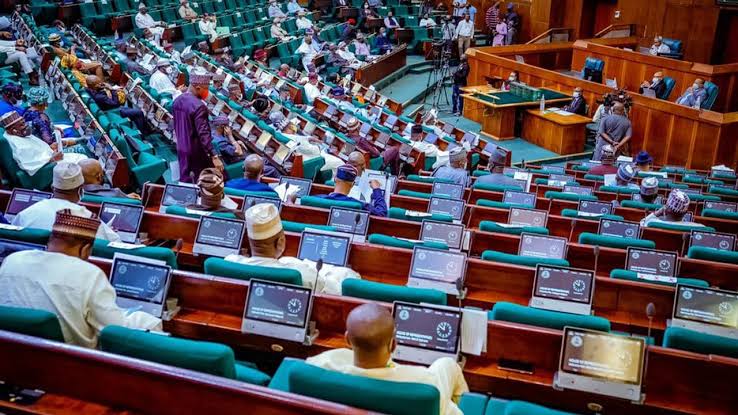
The Nigerian lawmakers approved the bills without any opposition, following a series of amendments to address concerns raised by various stakeholders. Among the notable adjustments is the retention of the Value Added Tax (VAT) at 7.5%, alongside a redefinition of the inheritance tax and the distribution framework for VAT revenue. Additionally, the House approved a proposal to exempt military personnel from paying personal income tax.
“All the 36 states, including the Federal Capital Territory, had their representatives in the sub-committee. This is the first time such a report is getting hundred percent approval by almost all members,” said Speaker of the House of Representatives, Tajudeen Abbas.
Chairman of the House Committee on Finance, James Faleke, emphasized the extensive review process, stating, “These bills underwent three full days of public hearings, with input from over 80 key stakeholders. Afterward, we held an eight-day retreat to debate each clause. I am glad that House members recognised our thorough work and approved all our recommendations.”
The adoption of the bills marks a significant step toward their passage, aligning with President Bola Tinubu’s push for tax reforms. Tinubu had urged the National Assembly in October 2024 to approve the measures, which include the National Revenue Services (NRS) Bill, the Nigeria Tax Bill, the Tax Administration Bill, and the Joint Revenue Board Establishment Bill.
While some clauses in the proposed laws initially sparked concerns across the country, leading to calls for their withdrawal, President Tinubu insisted that the reforms were necessary to drive Nigeria’s economic progress.








